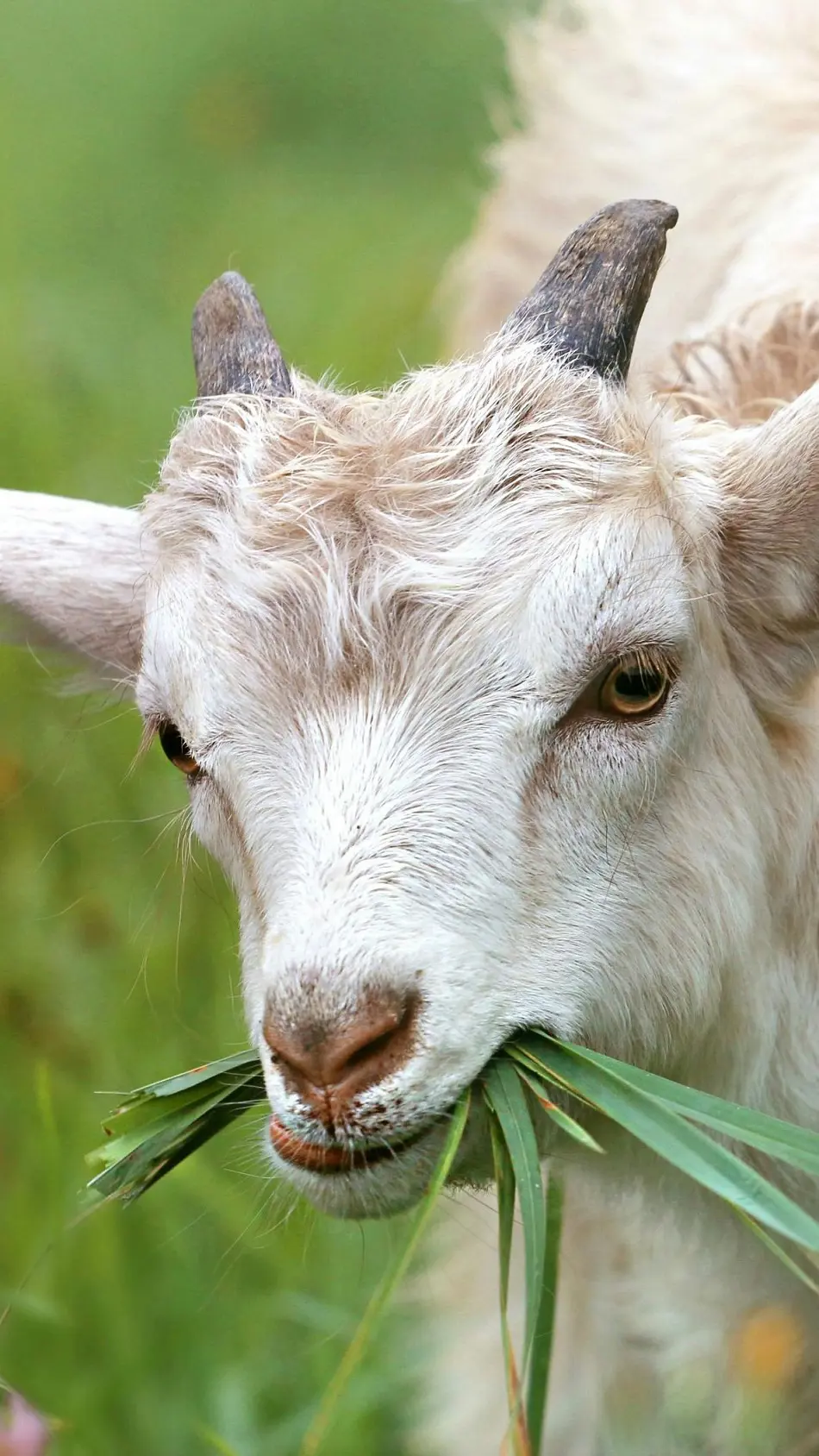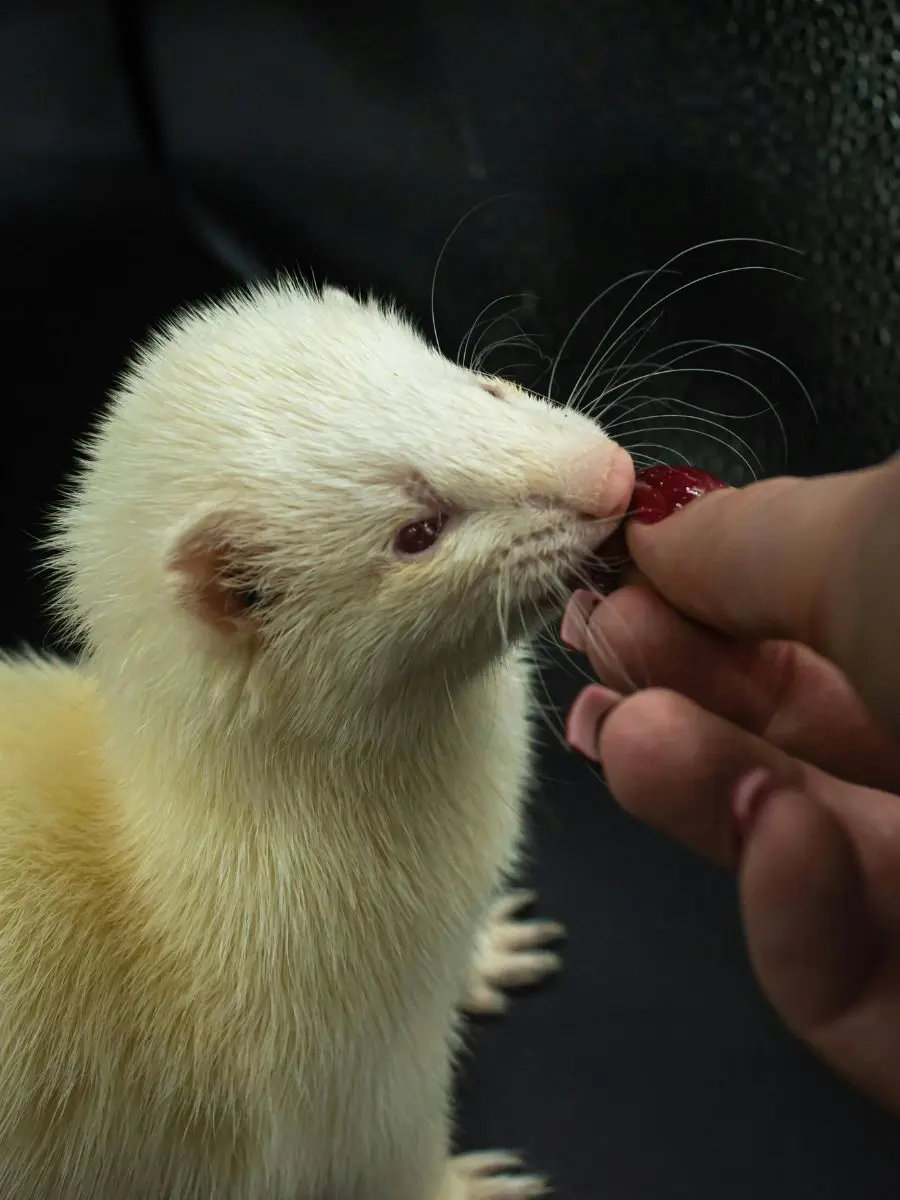20 Food That Horses Can Eat

Since horses are picky eaters, special measures have to be taken for equine feeding so that they can remain healthy and free of various diseases. Hay and grass make up the major share of the diet for horses.
The following fact sheet outlines a few foodstuffs that can be incorporated into the horse's diet. With no adverse effects on their health, but rather offer nutrition coupled with a flare for exciting activities.
1. Apples
They are packed with vitamins A and C, which help boost the immune system and general health of a horse's body, always cut the apple into smaller pieces before feeding. While a horse can safely eat an apple's skin and flesh, make sure that it is eaten, not the seeds.
It is not just the way apples taste that makes one crave more as they are also a good hydrating food because they have a good volume of water. While that can be very convenient during hot weather, it is just one more fluid.
Apples should be given in a controlled manner, keeping their sugar content in mind, since excess feeds can sometimes cause problems in digestion.
2. Carrots
Feeding horses with carrots as a treat occasionally could add some variety to their meals, this is some delicacy, all without compromising the health aspect. This is simple and healthy to shower your horse with some love.
For rewarding a horse with carrots, this should be cut into small amounts, as it could get lodged in the airways of young and old animals. It also has low-calorie content, making it a healthy snack for horses that could require weight restriction.
3. Bananas

They contain so many useful components vital for the healthy growth of a horse, such as potassium and vitamin B6. All of these nutrients have come to be of great help and importance when it comes to the assurance of the functions of muscles and the proper ways of using energy, which is also helpful for working horses.
You also may feed them banana skin because most horses actually like the additional fiber but you must do it gradually. They are soft in make and hence very good for mature horses or those with difficulties such as teeth.
They are also good at boosting energy, most preferably before and after exercise. However, their high sugar content means that one has to feed in moderation because feeding horses with bananas occasionally helps avert likely digestive upset.
4. Timothy Hay
This is fine for horses that have a tendency toward metabolic issues or that are in a life stage where all that roughage is needed without lots of extra calories from too much grain. Timothy hay is extremely fibrous because the high content of fiber helps keep the gut of the animal in very good condition, it does not develop serious problems like colic or ulcers.
Timothy Hay is generally accepted because of its high quality and balanced nutrition by horse owners, there is also a good volume of calcium found that is essential to include in the diet for bone health. Feeding horses with Timothy hay ensures it will provide the roughage that is to be fed upon them, thus maintaining proper digestive health, most essential for them each day.
5. Pumpkin
Not only fresh but also healthy is the festive horse's treatment, the fibers help to digest, and vitamins A and E found in the pumpkin support health in general. While it is still advisable to get rid of the seeds if hard and sharp, the flesh and seeds of the pumpkin could safely be fed to a horse.
This vegetable can be given to them raw or cooked whichever your horse prefers, add some pumpkin to your horse's diet for a seasonal range treat that is both delicious and healthy. It gives you a great opportunity to mix things up with some fresh flavors without disrupting your horse's digestive system in any way.
6. Pears

Pears are great sweet, juicy, full-of-vitamins-and-minerals treats for your horse, these are the best sources of vitamin C, improving immune system and copper which takes a great part in maintaining good connective tissue. While serving pears, cut them into slices to avoid choking, and eliminate seeds.
These fruits are low-calorie and, thus, form a good treat for horses that undergo dieting for weight loss. Sweet as they are, pears have to be given in only moderate portions, just like most of the other fruits.
A few slices make for a lovely treat without overwhelming your horse's diet with too much sugar, pears introduced to your horse's diet can be one yummy way of changing the food schedule. Juicy and sweet, they will be a craze from both nutritional and enjoyment angles.
7. Oats
Oats are also one of the most common inclusions within a horse's diet, they have very high fiber levels and, as such, provide energy slowly. The grains provide good carbohydrates which a horse greatly needs to fuel its activities.
This would normally be meant for horses that have highly energetic involvement in activities such as racing or eventing. They also bear adequate vitamins like B1, which is good for energy metabolism.
8. Sweet Potatoes
They have a lot of vitamin A in them; it is a nutrient very important for eye health and immune function, so they must be very palatable for a lot of horses. They need to be lightly cooked since raw ones would cause problems in digestion.
This availability enables feeders to apportion these tubers into small chunks, which can be very convenient as they can feed these in manageable quantities to their horses. The sparsity of feeding would be advisable, especially in those horses that easily gain weight, because sweet potatoes have a high content of carbohydrates.
9. Grapes

This fruit is full of antioxidants that help in guarding cells from damage, it is also a good source of vitamin K, highly instrumental in blood clotting. Grapes should be given in small bunches to avoid any risk of choking.
For this reason alone, grapes should be given moderately to avoid potential gastrointestinal problems or impede the horse from putting unnecessary weight. Sometimes, a few at a time would do just fine as treats, especially on a very scorching day when your horse should be coaxed to drink more.
10. Celery
The crisp and juicy snack adds well to any horse's diet, it's utterly low in calories and very high in fiber, and it suits very comfortably in regulating the weight of the horses. It also contains vitamins K and C, invisible in ensuring proper immunity and bone development of the body.
Most horses love the crunchiness of the vegetable. It equals the roughage of celery, filled with lots of water, and can be fed raw in chopped pieces to help ease digestion. A lot of water in it helps in being pretty hydrating, and it works best during hot summer seasons.
One must notice to feed in excess amount with the fact that celery contains high fiber content which may disturb the systems of the digestive area.
11. Cucumber
Refreshing and hydrating, cucumbers give your horse the ability to keep cool during long summer months, as they are mostly composed of water, and they contribute to cooling and hydrating the horse. With a soft but crunchy taste, this vegetable is very much savored by horses, it is really low in calories and suitable for horses who need to lose some pounds.
Cucumbers are known to have a high vitamin content, such as K and C, which are both important to immunity features and skin health. Feed these to horses when cut to slices to avoid choking hazards, especially in young and old horses. Being of soft flavor, they work to the convenience of the horse that has to consume it..
12. Barley

The high quantity of starch in this feeds very well as an energy source because of its shallow content of protein, it is most useful to horses engaged in heavy work that will require them to devour more calories. However, because of a very high amount of fiber, it cannot be the one for the soul source of feeds.
Barley is another good forage plant but can only be given in limited quantities due to the high starch content, which causes digestive problems if not blended well with other forage, it is steamed or rolled so that it is digestible for the horse. The addition of barley into a horse's diet must be brought in in small steps to preclude tummy troubles or gastrointestinal upset.
13. Blueberries
They contain lots of antioxidants protecting cell damage, thus in possession of vitamins C and K in pretty fair amounts. Small fruits are easy to feed, and few can be topped up in the horse's diet as a snack.
Most horses love the taste of blueberries, the sweet-acid taste of them, and since they are so small, there is no chance of choking on them as they can be fed to the horse as a whole. They are pretty high in sugar. For that reason, they should be given only sparingly, to not upset their digestion.
14. Oranges
They are very good sources of vitamin C, great for immunity and overall health, the juicy flesh will provide some hydration, and the natural sugars are great to pick them up in energy. Feeding oranges to horses should always be sans the peel and seeds to avoid digestive upset.
Oranges, in addition to vitamins, also contain fiber that aids in digestion, they have to be given in small amounts to the pet because the high acidity may cause stomach upsets. A few slices of orange can act as a refreshing treat, more so in hot weather conditions.
15. Strawberries

They are loaded with antioxidants to help eliminate any oxidative stress, and they contain vitamin C for immune health. Strawberries are fed easily by de-stemming them and feeding them whole or sliced.
Strawberries are juicy, meaning giving them to a horse can be refreshing, especially in the middle of a very hot summer, just a few should be offered, though, as is the case with all fruits due to their sugar content. The horse will welcome a few strawberries because they give a burst of flavor and nutrition.
Add strawberries to your horse's meal for a sweet, healthy, lovable treat. Rich in color, and great in taste, and horses love them.
16. Beets
They are some of the healthy root vegetables your horse should be consuming, they contain high levels of folate and manganese, which are very important to the cell function and bone health of your horse. While at the same time being a great source of healthy vitamins and minerals, it can be given raw or cooked according to the preference of your horse.
While the earthy flavor of beets is an acquired one, most horses find they like it. As sugar beets have a high sugar content, feed this product very sparingly. Chopped morsels will make it easy to chew and digest this treat.
17. Peaches
Peaches are succulent treats for horses if given in moderation, they provide a good source of both vitamins A and C, which are important sources in maintaining proper immune function and healthy skin. Remove the center pit of the fruit, and slice the fruit at a minimum in halves, to avoid any choking hazards.
Being high in naturally occurring sugar, moderation should be used, not an all-out assault. Just a few cuts of a drippy peach would be an interesting and exciting addition to your horse's diet.
18. Pineapple
It offers an extremely unique flavor, different in taste, and is loaded with sweet juiciness, the tropical fruit is packed with vitamin C and manganese, the key to overall good health. Simply remove the hard outer skin and core, offering tender flesh.
Some horses may take a little time to get used to the tart flavor of pineapple, but many develop a taste for it, it is fairly high in sugar so the amount of pineapple given should be limited. A few small bites can be a very nice treat for your horse, offering them a flavor of the tropics.
It adds such a great treat for any horse that is on a feeding schedule. Pineapple is an exotic flavor, adding plenty of fun ways to treat a horse.
19. Mango

It is very rich in vitamins A and C, which shall help good immunity and skin health. Just take the time to remove the big seed and peel, offering only the soft and juicy flesh. Very many horses like mango because it is sweet, with a bit of a tropical flavor.
Just because it contains a lot of sugar, it has to be fed sparingly so that it does not upset the food in the horse's gut. Just a few small bits can bring a lot of delight to the horse especially for those who lack flavor.
Adding mango to their meal means your horse gets a taste of the tropics along with its health benefits. The juicy inside texture and natural sweetness coming with mango make it indeed refreshing and enjoyable for a treat.
20. Plums
Plums boast of vitamins mostly vitamin C, which is essential for all the body's activities. Fruits should always be cut to ensure easy chewing and prevent choking, and always a plum stone should be removed.
Sweet, juicy flesh makes plums a particularly yummy snack, all the more so through the summer months, as with all fruits plums should be given sparingly because of the high sugar content. A few slices of plum can be enjoyed by your horse to break up his diet while adding a burst of flavor and nutrition.
Plums will add a sweet and healthy part to your horse's feeding schedule. The color and flavor may make plums the favorite food of your horse.
Recent posts
Pets
20 Pet Friendly Stores In The USA
Over the years, the population of pet owners, especially ones with dogs, has increased. Naturally, this has also increased the need for pet-friendly stores because pet owners no longer want to give business to stores where their furry best friends ar...
Why Do Horse Have Manes?
Horses have manes primarily for protection and communication. The thick hair shields their necks from insects, weather, and potential predators, while also serving as a way for horses to express social cues among their herd. In this article, we are g...
18 Foods Geckos Can Have
Geckos are a group of small to medium-sized lizards known for their unique adaptations. It is important to understand what geckos eat before you bring them home. The exact food for geckos may vary based on their age, species, and activity level...
20 Foods You Can Give To Your Pet Snake
With the increase in people's unique interest and taste for pets, snakes are becoming more popular. These reptiles are considered fascinating creatures and are preferred mainly by those who want a long-term commitment from their pets. Unlike other us...
17 Foods That Goats Can Eat
Although they naturally are curious and may enjoy the many types of food available, it is much better if well-rounded nutrition is given to them to ensure they will have good health. A variety of food keeps them healthy but also pleases their taste f...
18 Foods That Ferrets Can Have
Ferrets are small, active animals that have gained popularity as pets owing to their curious social nature and athleticism. Although they are playful pets, ferrets nonetheless have different nutritional needs than more common companion animals like c...







